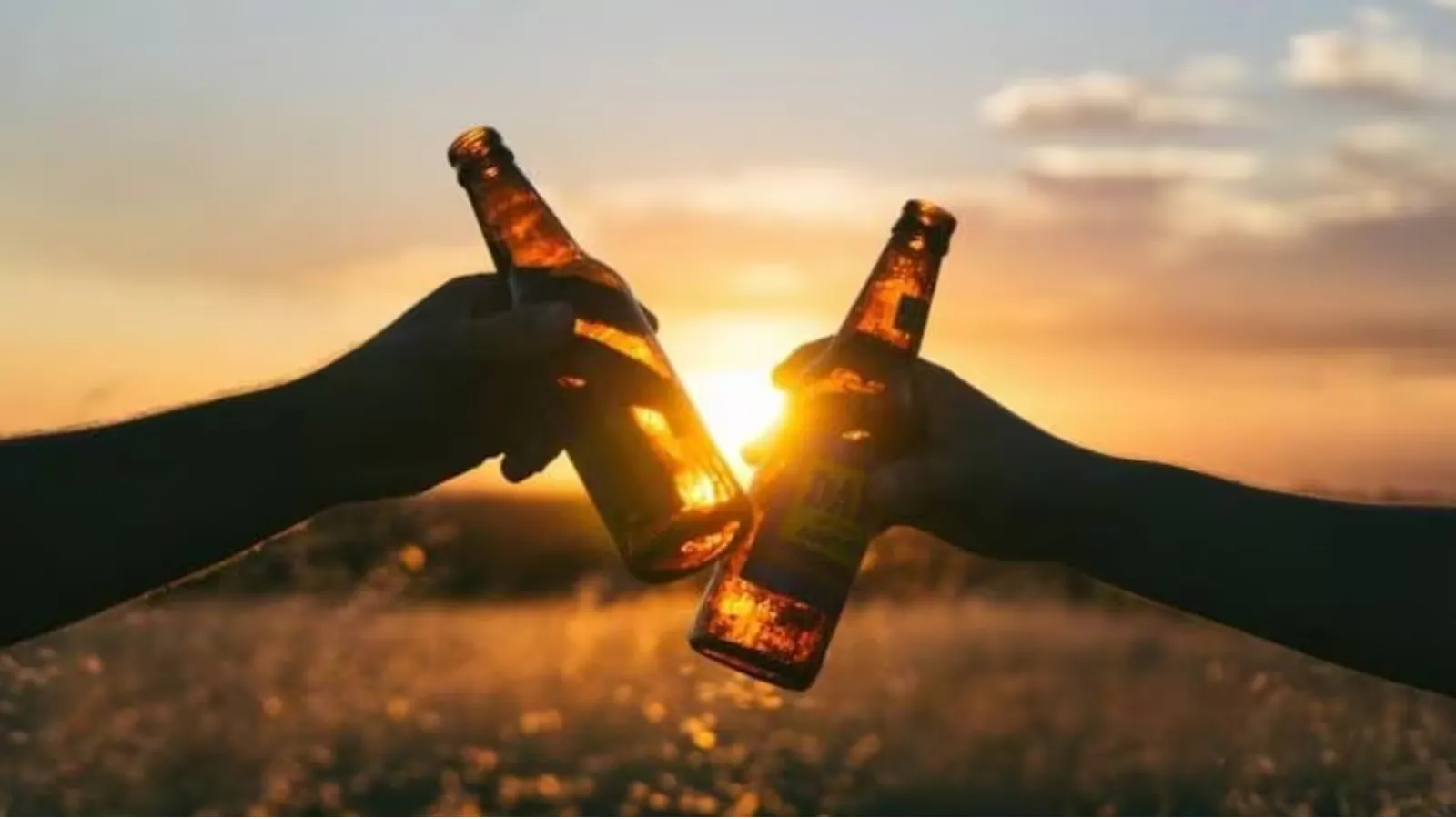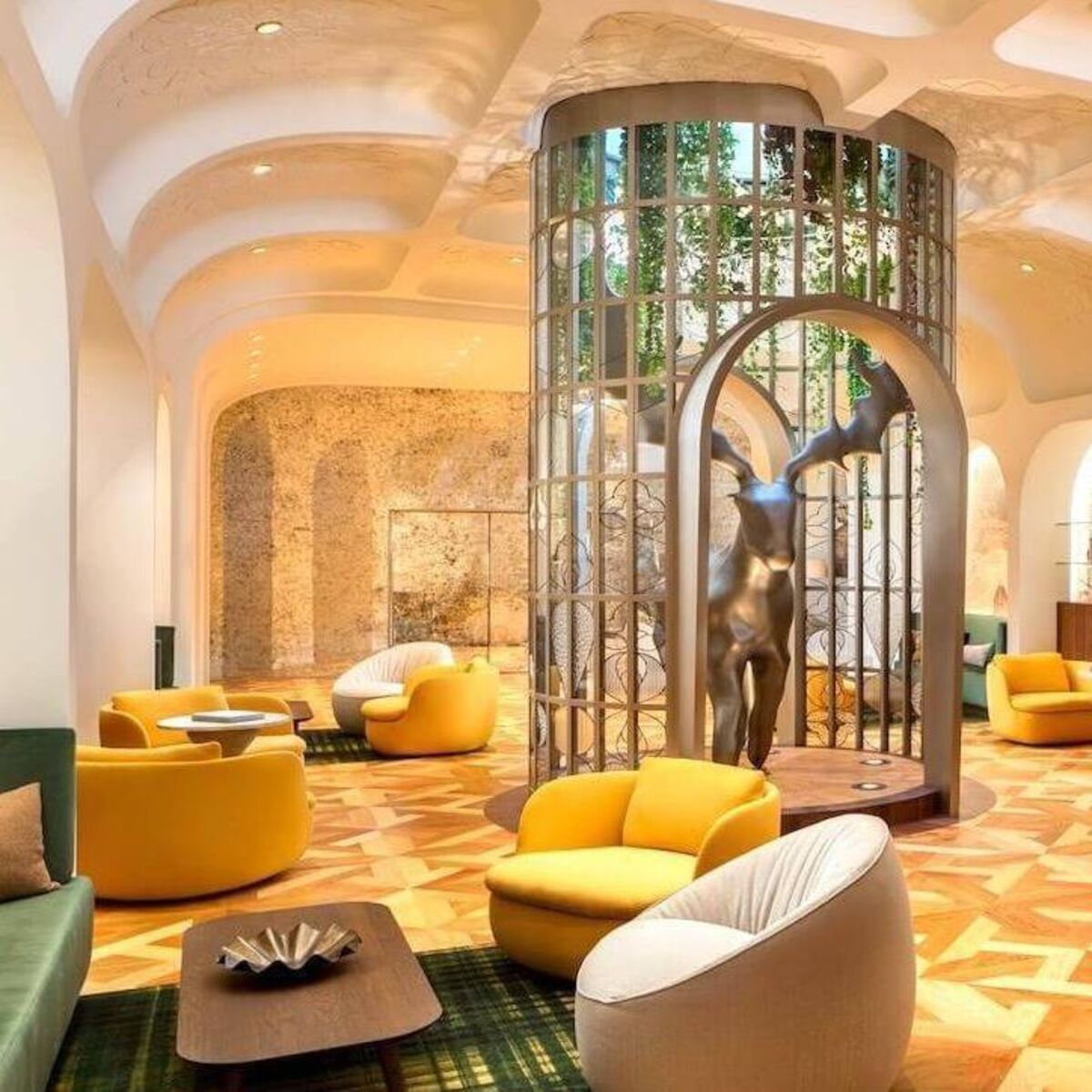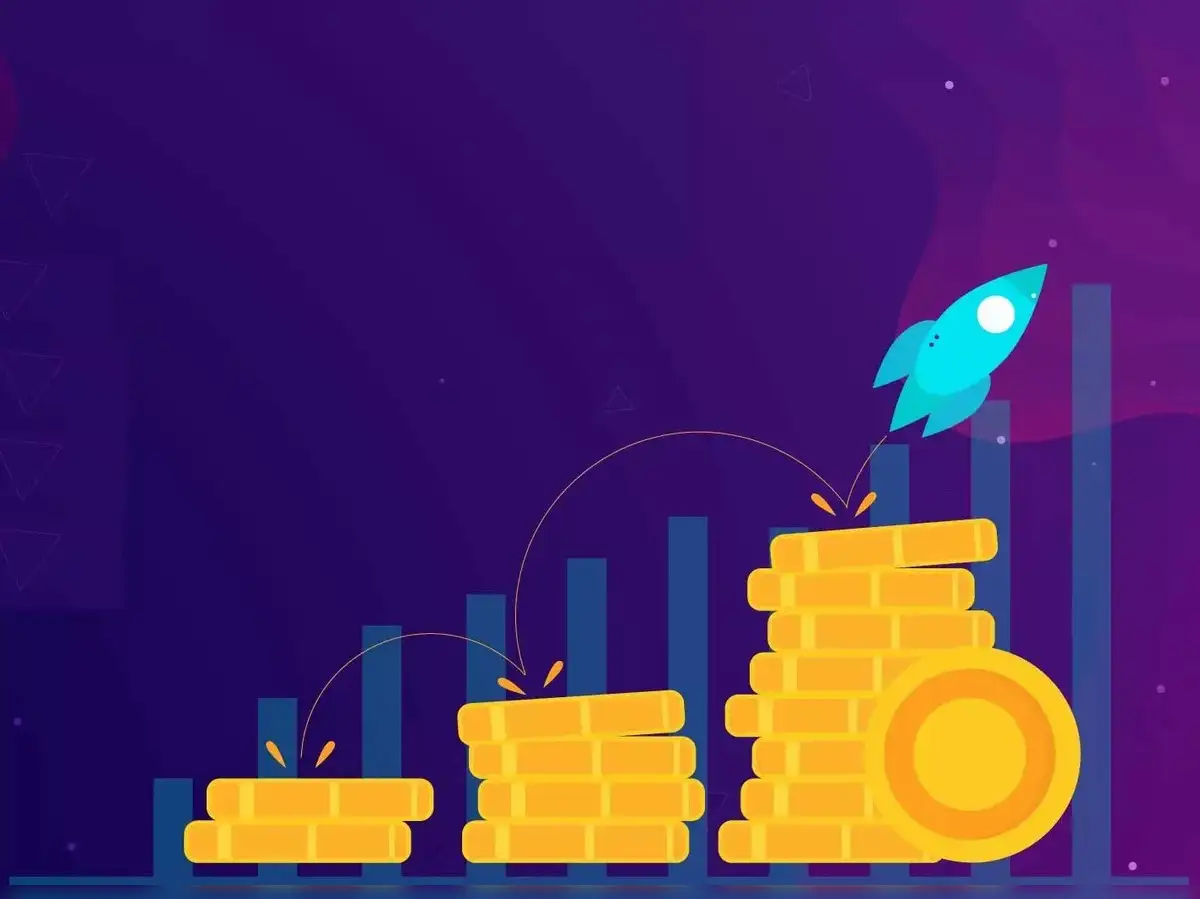Copyright news18

In a remarkable generational shift, young people across the world, particularly those belonging to Gen-Z, are increasingly choosing health over alcohol. A new global report has revealed that the trend of abstaining from alcohol is gaining unprecedented momentum, especially among those born between 1997 and 2012. According to the findings, 36% of Gen-Z individuals of legal drinking age have never consumed alcohol, signalling a growing awareness of the long-term health risks associated with drinking. Health remains the foremost reason behind this conscious choice, with nearly 87% of respondents stating that they avoid alcohol to maintain physical fitness and reduce the risk of chronic diseases. Financial prudence and wellness also figure prominently in this shift. Around 30% of young respondents said they steer clear of alcohol to save money, while 25% said they do so to enjoy better sleep and mental clarity. The study also spotlighted a new lifestyle practice emerging among young social drinkers, termed ‘Zebra Stripping’, where people alternate between alcoholic and non-alcoholic beverages at social events. The approach, researchers say, reflects a growing preference for moderation and balance over excess. The data further underscored a steady decline in regular alcohol consumption. In 2025, only 17% of people reported drinking weekly, down from 23% in 2020. Moreover, 53% of occasional drinkers said they are consciously trying to cut down, compared to just 44% five years ago. The proportion of those who have never consumed alcohol has also risen by three percentage points since 2020. However, this global pattern contrasts sharply with the country’s trajectory. Despite increasing health consciousness among urban youth, India remains the fastest-growing alcohol market in the world. Between 2024 and 2029, alcohol consumption in the country is projected to rise by 357 million litres. Globally, total alcohol consumption reached a staggering 253 billion litres in 2024, with a marginal 0.6% rise in overall sales to a market value of $1.7 trillion. In comparison, sales of non-alcoholic spirits recorded a dramatic 17% surge, underscoring the growing consumer shift toward healthier alternatives.



